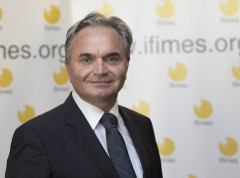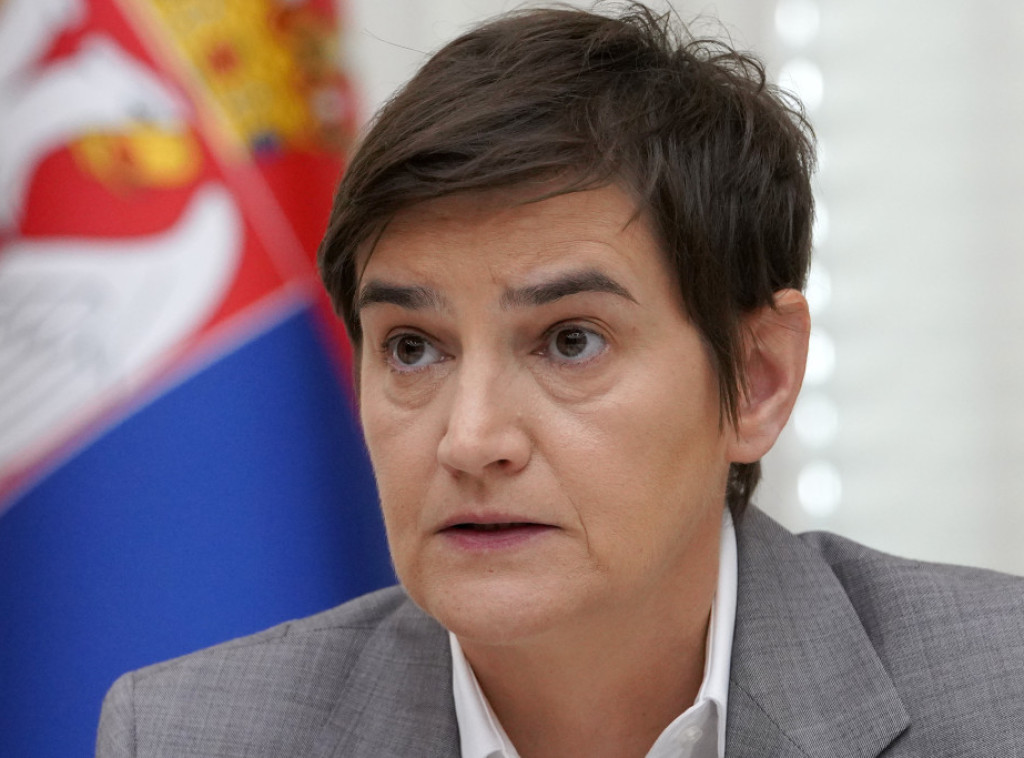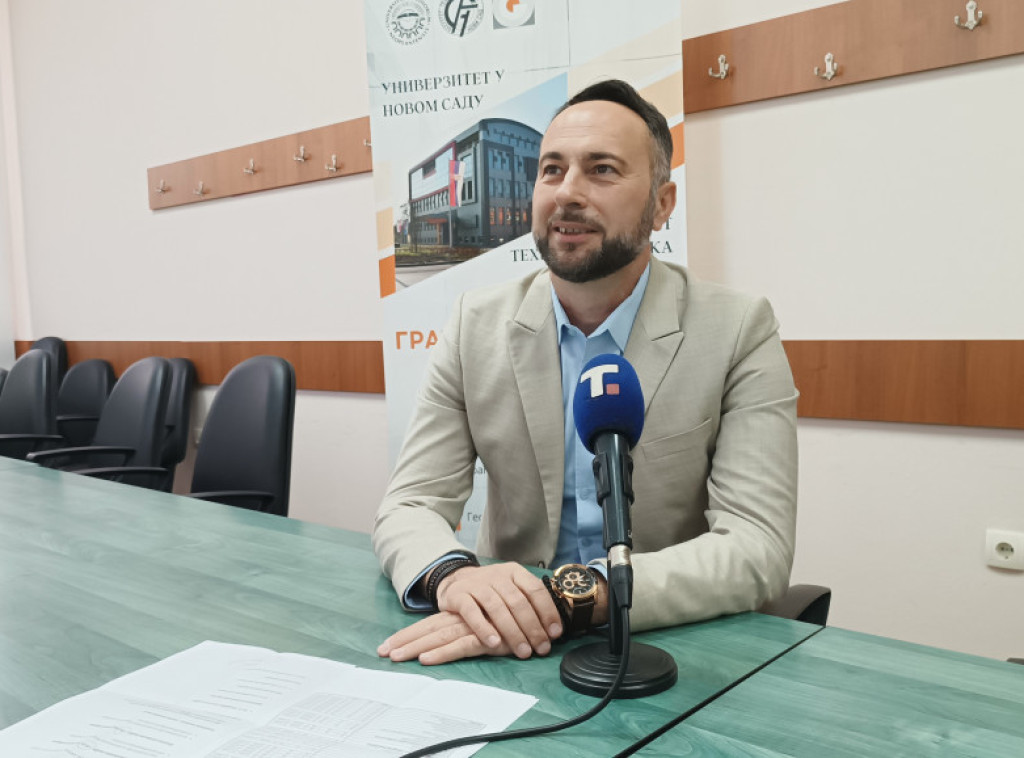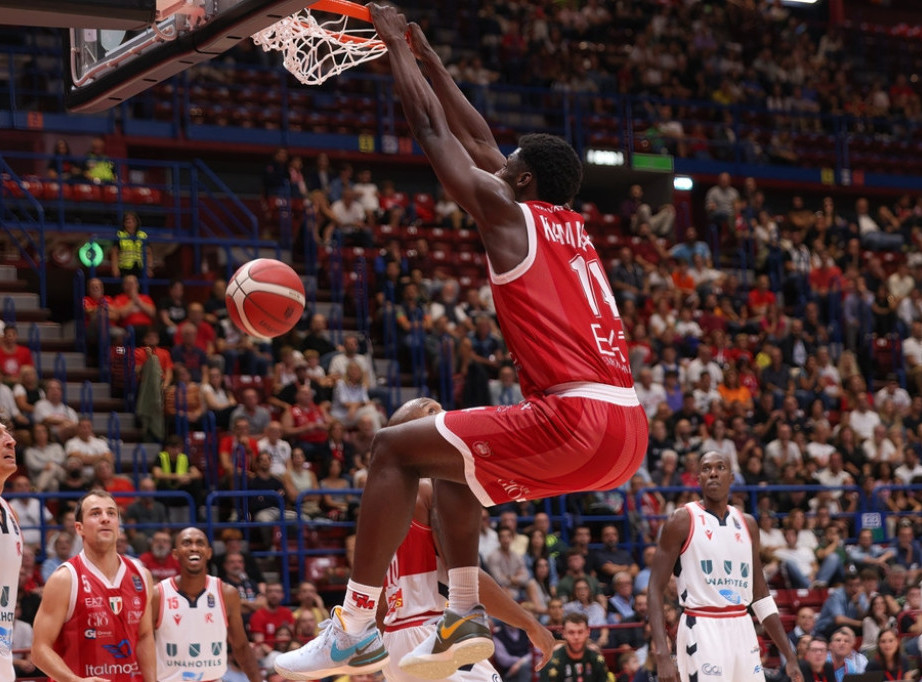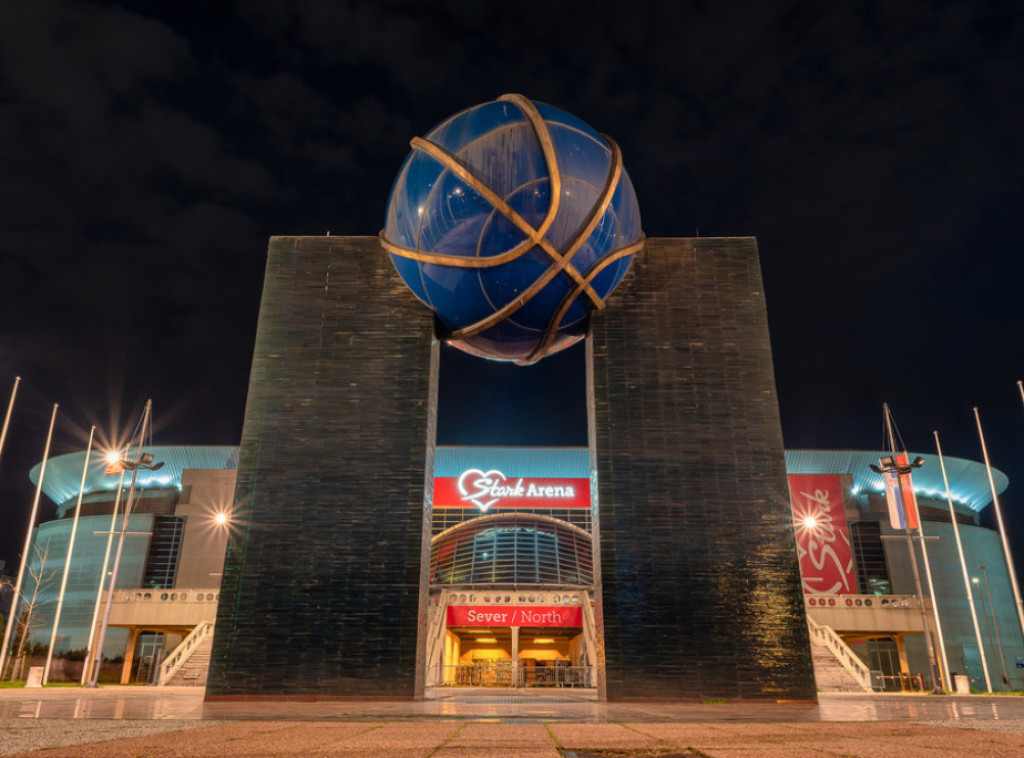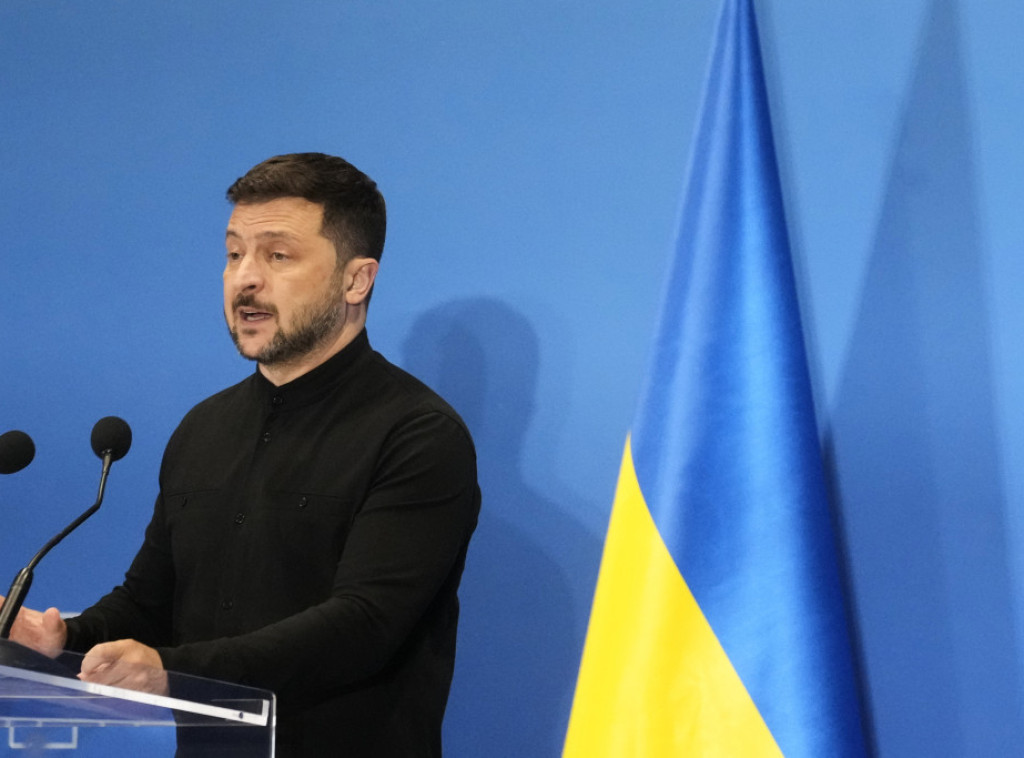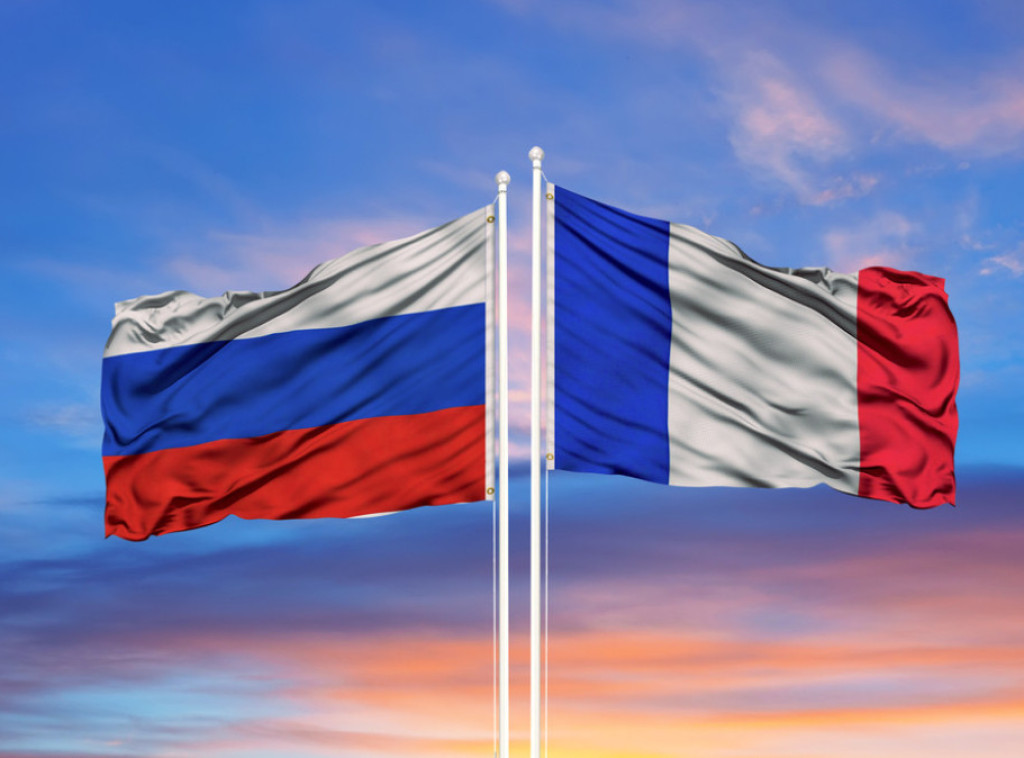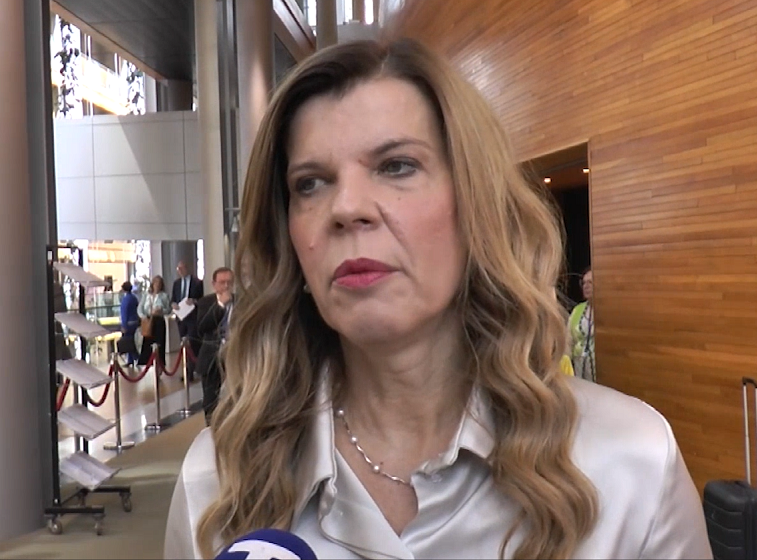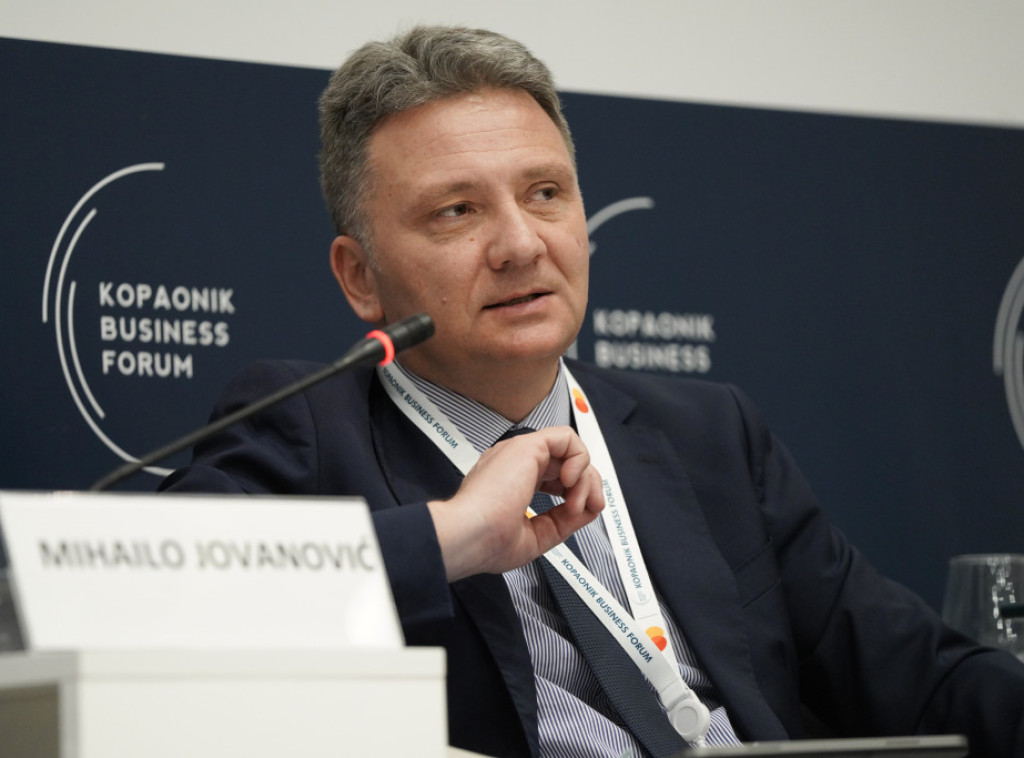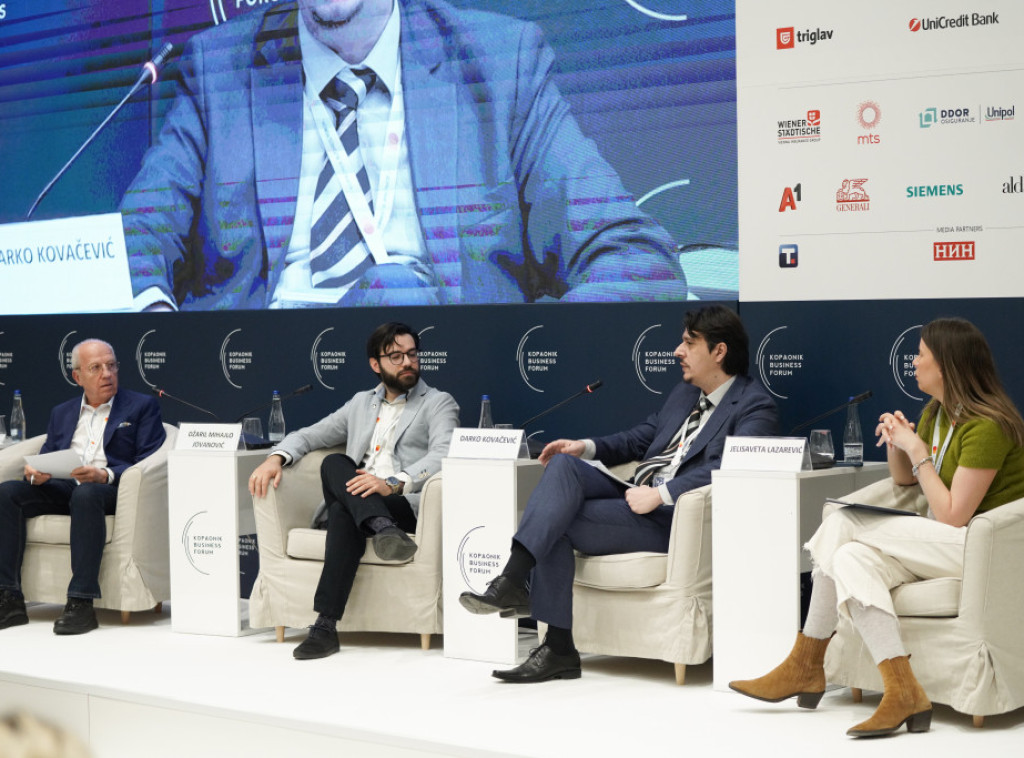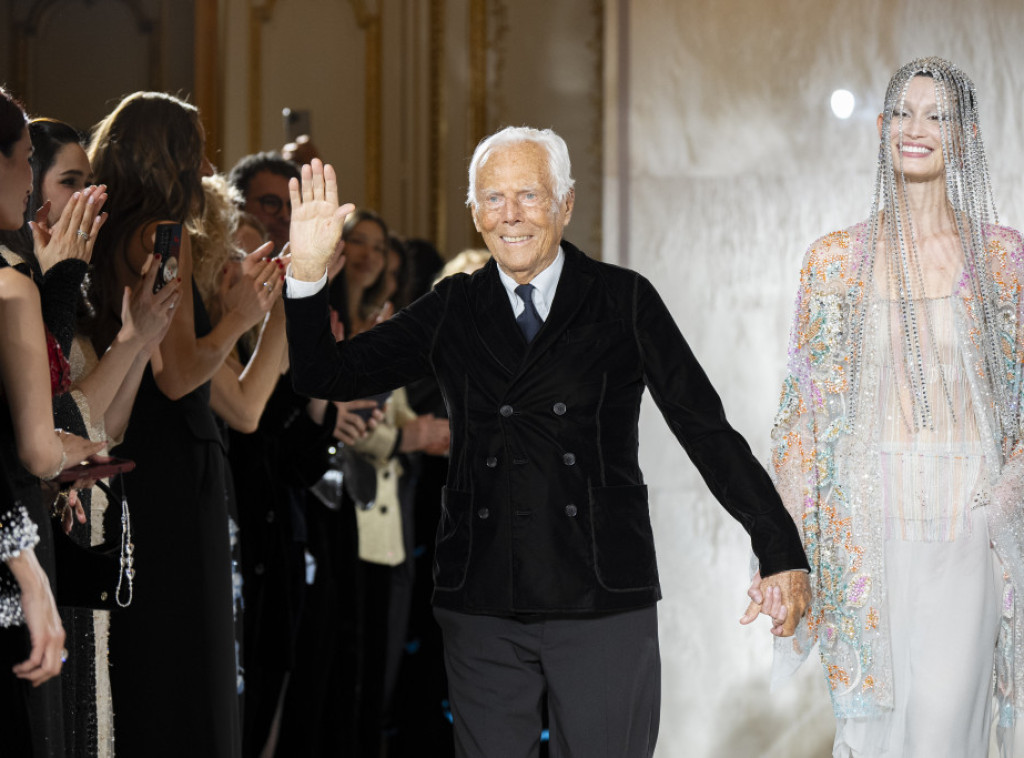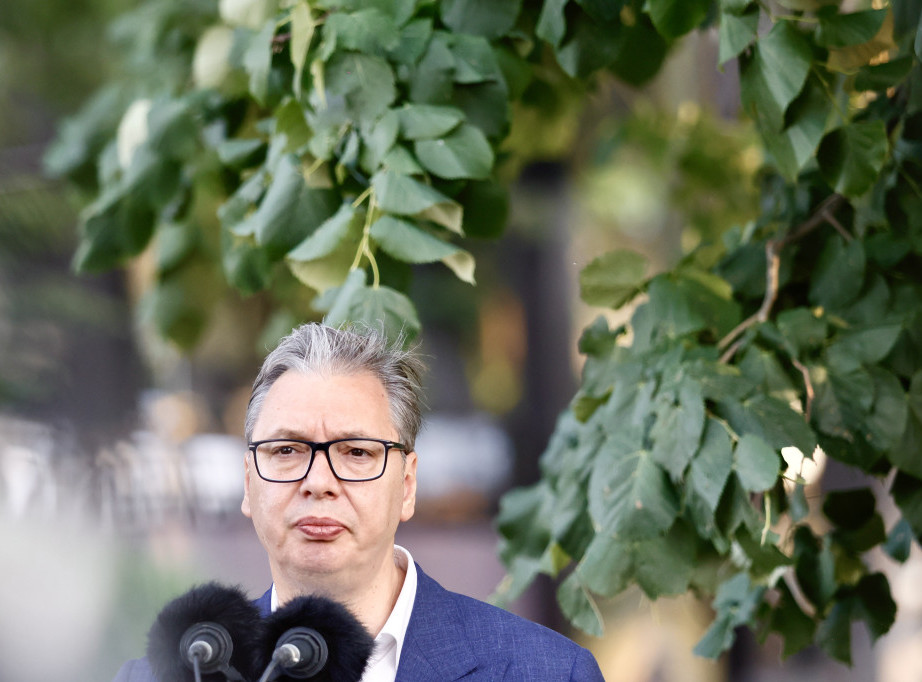Tesla – The Balkan Genius or the Eternal Subject of Feuds?
Nikola Tesla, whose name today adorns some of the world’s most famous tech brands, remains a hot topic of fierce debates across the Balkans. Is Tesla Serbian, Croatian, Bosnian, or American? The answer is anything but simple, and regional rivalries only make it messier.
Balkan Pride or Perpetual Battleground?
Zijad Bećirović, director of the International Institute for Middle Eastern Balkan Studies, points out that Tesla was a Balkan visionary whose influence still shapes the world. Although he spent his most productive years in the USA, where his genius blossomed, his legacy is deeply rooted in the Balkan region. Serbia proudly celebrates him as a national icon, Croatia claims him as a native son, and Bosnia and Herzegovina, Montenegro, North Macedonia, and Slovenia have schools and streets named after him.
But instead of being a symbol of unity, Tesla often becomes a subject of rivalry and the question “Who owns Tesla?” Bećirović believes regional leaders should focus on how Tesla’s legacy can serve as a platform for scientific cooperation, educational exchange, and technological development, rather than division.
Tesla as a Symbol of Unity and Science
In an era of polarization and fragmentation, Tesla is a rare figure who can unite people. His life story transcends borders, ethnic lines, and ideologies. He calls on the Balkans to redefine cooperation not only in politics but also in science and innovation.
Bećirović proposes a “Joint Tesla Initiative” – cross-border research centers, innovation parks, and scholarship programs that could become a model of soft diplomacy and knowledge-driven integration. This would be a way for Balkan countries not only to honor Tesla but also to start a new chapter of cooperation in a region desperately in need of it.
Messages for Future Generations
Tesla believed in the power of science above politics, in curiosity and learning as engines of progress. His message to the youth is clear: believe in yourself, even when others don’t understand you. Tesla was often rejected and misunderstood but never gave up on his ideas. He was not driven by wealth or fame but by a desire to contribute to the betterment of humanity.
In a world facing climate change, geopolitical instability, and technological upheavals, Tesla remains a moral compass. He envisioned a world where free energy and wireless communication would unleash human ingenuity rather than constrain it.
Tesla – The American Dream and Global Genius
Though Tesla spent his most creative years in the USA, where his talent flourished thanks to the openness of the American scientific and entrepreneurial ecosystem, he remains a Balkan genius. His contribution to global progress is indelible, and today he is celebrated not only as a scientist but also as a cultural icon and symbol of innovation.
Conclusion: Tesla as a Bridge, Not a Wall
Instead of arguing over who owns Tesla, maybe it’s time to see him as a common language of dialogue, cooperation, and innovation. Celebrating Tesla’s birthday should not be just nostalgic remembrance but a springboard for international and regional partnerships.
After all, if Tesla can unite so many different countries and peoples, maybe we can learn a thing or two about unity. What do you think – is Tesla more a Balkan genius or a global hero? Drop a comment, maybe we’ll find the answer together!





